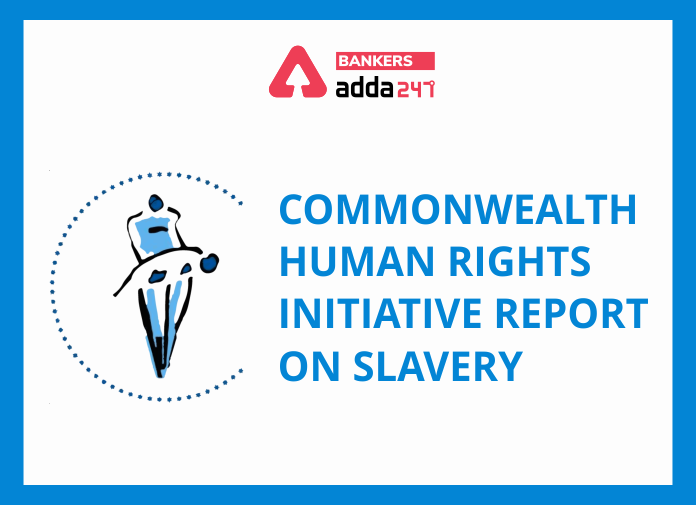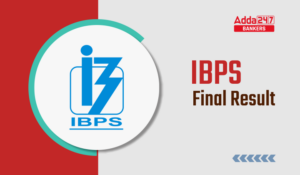Table of Contents
Commonwealth Human Rights Initiative (CHRI) and International anti-slavery organisation released a report on slavery on the occasion of World Day Against Trafficking in Persons (30th July). It assessed the progress made by Commonwealth countries on the promises made in 2018 to end modern slavery by 2030 and achieve the Sustainable Development Goal (Target 8.7) of ending forced labour, human trafficking and child labour.
Important points of the Report:
- Commonwealth countries accounts for about 40% of people living in conditions of modern slavery in the world.
- It is estimated that 1 in every 150 people in the Commonwealth countries live in conditions of modern slavery.
- It found that Commonwealth countries have made little progress towards their commitment to eradicate modern slavery and have been lacking in actions to eradicate the modern slavery by 2030.
- One-third of the Commonwealth countries had criminalised forced marriage, while 23 had not criminalised commercial sexual exploitation of children.
- All Commonwealth countries report gaps in victim assistance programs.
Also Check
- International Tiger Day 2020: History, significance and the India story
- Dibru-Saikhowa National Park: Read to know more
- National Thermal Engineer Day celebrated on 24 July: Read to know more
- 3rd G20 Finance Ministers and Central Bank Governors Meeting
India Specific Outcome:
- India had fared the worst in terms of coordination. It has no national coordinating body or National Action Plan in place to deal with modern day slavery.
- India accounted for one-third of all child brides in the world.
- India, like all other Commonwealth countries in Asia, had not ratified the International Labour Organisation’s 2011 Domestic Workers Convention or the 2014 Forced Labour Protocol.
- The 2014 Forced Labour Protocol obligates state parties to provide protection and appropriate remedies, including compensation, to victims of forced labour and to sanction the perpetrators of forced labour.
- It also obligates state parties to develop a national policy and plan of action for the effective and sustained suppression of forced or compulsory labour.
Steps Taken by India
- Constitutional Provisions:
-
- Article 21 deals with the Right to Life and Personal Liberty.
- Article 23 of the Constitution prohibits forced labour.
- Article 24 prohibits the employment of children (below the age of fourteen years) in factories, etc.
- Article 39 directs the State to secure the health and strength of workers, men and women, and to see the tender age of children are not abused and that citizens are not forced by economic necessity to enter avocations unsuited to their age or strength.
- Article 42 directs the State to make provision for securing just and humane conditions of work and for maternity relief.
Also Check
- 15th India-EU Virtual Summit 2020
- MOHUA announced results of Star rating of garbage-free cities
- HIV Vaccine Awareness Day
- 45th India Ideas Summit 2020
Commonwealth Human Rights Initiative (CHRI)
- Commonwealth Human Rights Initiative is an independent, non-partisan, international non-governmental organisation, headquartered in New Delhi, working for the practical realisation of human rights across the Commonwealth.
- The Commonwealth is a voluntary association of 54 independent and equal sovereign states.
- It is one of the world’s oldest political associations of states. Its roots go back to the British Empire when some countries were ruled directly or indirectly by Britain.
- Some of these countries became self-governing while retaining Britain’s monarch as Head of State. They formed the British Commonwealth of Nations.
- In 1949, the Commonwealth came into being. Since then, independent countries from Africa, the Americas, Asia, Europe and the Pacific have joined the Commonwealth.
- Membership is based on free and equal voluntary cooperation. Rwanda and Mozambique – have no historical ties to the British Empire.
Also Check
Click Here to Register for Bank Exams 2020 Preparation Material
Visit Achieversadda.com and participate in discussions with other aspirants and achievers. Get answers to your queries and connect with others on Achieversadda.com




 Para Jumble Questions for SBI PO Exam
Para Jumble Questions for SBI PO Exam
 Fillers Questions for SBI PO Mains Exam ...
Fillers Questions for SBI PO Mains Exam ...
 IBPS Final Result 2025 Coming Out Tomorr...
IBPS Final Result 2025 Coming Out Tomorr...





